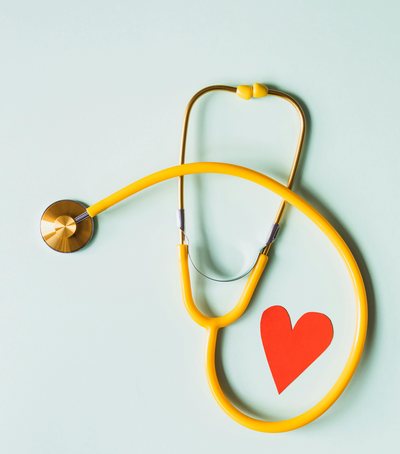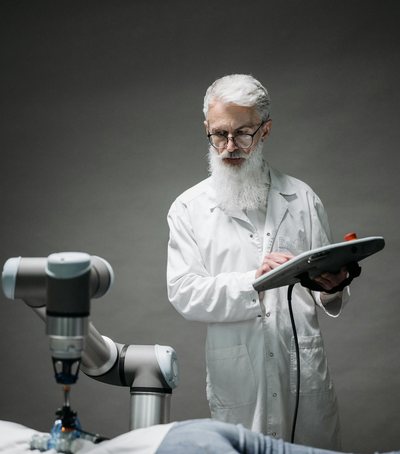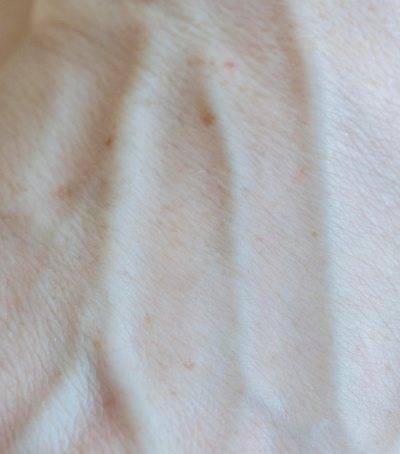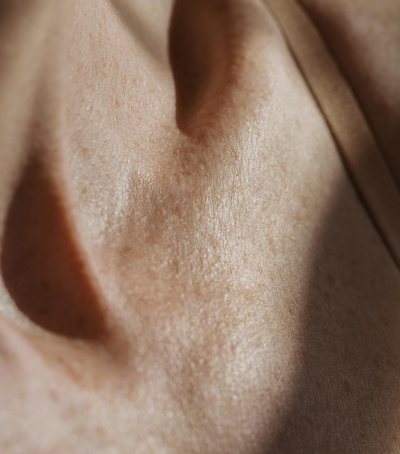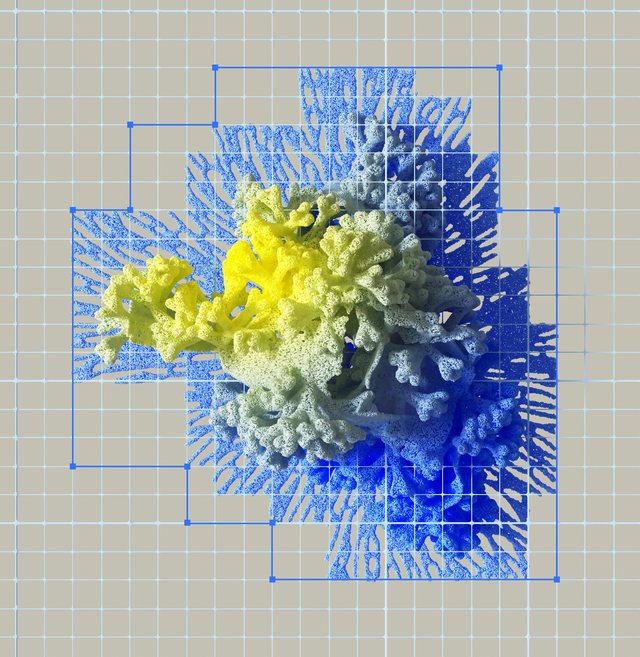
No other era has confronted man with so many big questions, so quickly. Every step forward in science brings not only new possibilities, but also moral dilemmas that have no ready answers. In laboratories where organs are grown, in research centers that edit the genes of babies, or in hospitals where doctors share decision-making with artificial intelligence – a new ethical era is emerging.
The boundary between knowledge and creation
Breakthroughs in biotechnology are giving humans a power that once belonged only to nature: the power to change life itself. Gene editing with CRISPR technology could eliminate inherited diseases, but it also raises the question: do we have the right to choose the characteristics of a child before it is born?
At this point, science is no longer just an experiment – ??it is a philosophical act. It forces us to ask: if we can do it, should we? And who decides where helping nature ends and manipulating it begins?
When the doctor has a "digital assistant"
In medicine, artificial intelligence is helping with diagnostics, surgical planning, and even personalized therapies. But as doctors increasingly rely on algorithms, the question arises: who is responsible for a medical decision – the human or the machine?
The ethics of the future require a new balance: to use technology to save lives, without losing the human element – ??empathy, intuition, sensitivity. Because numbers can calculate accurately, but only a human can understand pain.
Science without borders, consciousness with limits
In a world where progress moves faster than law, ethics is the compass that must guide us. Without it, we risk building an efficient but not just world; expanding life but losing its meaning.
Every discovery requires a new reflection on the value of life, equality, and responsibility. Because what we call “innovation” today may become “intervention” tomorrow. And therein lies the difference between civilization and blind ambition.
The future as a test of human conscience
In the end, the future will not be measured by how much we know, but by how carefully we use that knowledge. True progress is not about creating more power, but about building more responsibility.
The ethics of the future is more than a discipline – it is the ability to preserve the human in an increasingly technological world.
If science teaches us what we can do, ethics should remind us why we do it. And this is perhaps the most important discovery of the coming century.
Photo by Google DeepMind: https://www.pexels.com/photo/an-artist-s-illustration-of-artificial-intelligence-ai-this-image-represents-the-boundaries-set-in-place-to-secure-safe-accountable-biotechnology-it-was-created-by-artist-khyati-treha-17484901/

